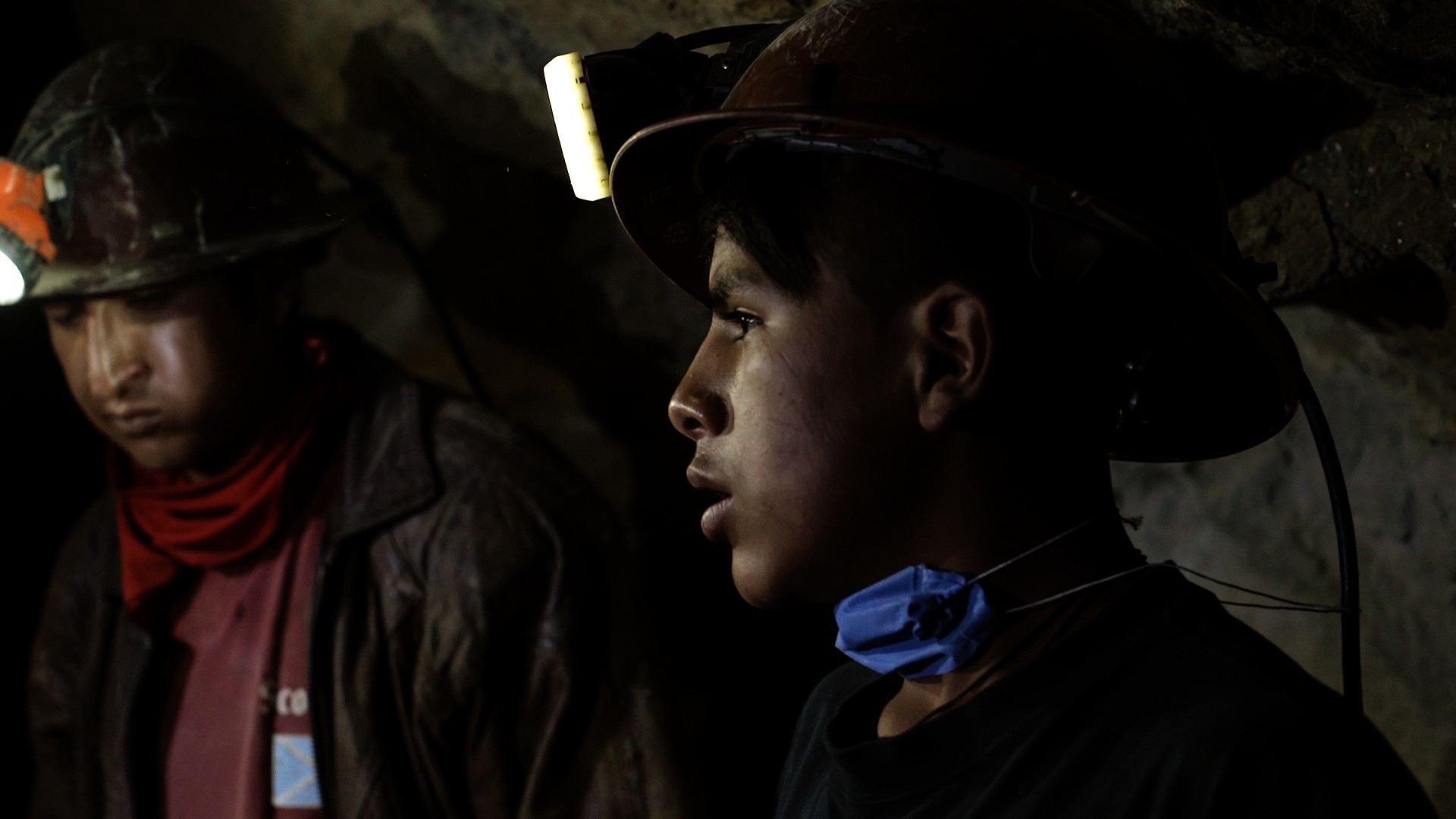AP Photo/Natacha Pisarenko
Exiled former leader Evo Morales and his right-wing opponent are both laying claim to the Bolivian presidency, and thousands of Morales’ supporters have been in the streets saying it’s time for civil war. But there’s a new glimmer of hope for the seething political dispute: Late Thursday, the two sides announced they'd reached an agreement to hold new elections as a way out of the standoff, and the U.N. has dispatched a special envoy to try to mediate.The agreement, reached in late-night discussions in the Bolivian Senate, is an attempt to find a solution to the weekslong crisis that has left the country deeply polarized, with two rivals both claiming power and ongoing political violence that has left at least 10 people dead.READ: Here’s what the hell is happening in BoliviaDespite having fled to Mexico this week, Morales, the veteran socialist leader who resigned Sunday after weeks of protests over an allegedly rigged election, claimed Thursday that he's still the country’s president because the legislative assembly had not formally approved his resignation.Thousands of his supporters flooded the streets of the capital La Paz on Thursday, condemning the “coup” that ousted Morales and chanting: "The time is now, civil war." Morales has said he will return to his homeland to help pacify the situation.Meanwhile, Morales’ successor, Jeanine Áñez — a conservative senator who declared herself president Tuesday after a spate of resignations in the line of succession above her — said Morales needed to stay out of politics and should be arrested if he ever returns home.READ: Bolivia’s ousted president has been replaced by a right-wing rival, and the army’s on her sideIn talks late Thursday, lawmakers agreed to hold a new election as soon as possible, as a way out of the impasse.“Today is an historic day where we have been able to agree between opposition and government with the sole objective to make new elections as soon as possible, to pacify our country and above all to defend democracy,” said new Senate president Mónica Eva Copa Murga, a member of Morales’ Movement for Socialism party.No date was given for the election, but under Bolivian law it must be held within 90 days of Áñez becoming president.Christopher Sabatini, senior research fellow for Latin America at London’s Chatham House think tank, told VICE News that new elections would provide “the best way out of this crisis,” but that there were a number of obstacles.Firstly, any new vote would have to be conducted under a reformed electoral commission, as recommended by the auditors who found widespread irregularities in the Oct. 20 vote that returned Morales to power.Then, there’s the question of whether Morales would be allowed to run.“He clearly intends to but it’s unlikely that the opposition would let him,” said Sabatini.“Morales has made it clear he doesn’t intend to fade into the background and plans to remain president. And since he failed to groom a successor, there is no one else who can represent his supporters or movement.”The interim government has given mixed signals about how it would treat Morales. Jerjes Justiniano, one of Áñez’s newly appointed ministers, told reporters that during the talks the Movement for Socialism had sought assurances that Morales could return to Bolivia, and that there was “no problem with that.” “It’s just one citizen more,” he said.But Áñez, a fierce critic of Morales, later said the former president would not be allowed to run in the elections, and that he should face arrest if he returned.“He should face justice — because Evo Morales left in the most cowardly way. He knows he must answer to the country's justice system. And he is breaking all of the protocols of asylum by openly engaging in politics, which isn't permitted when one is granted asylum,” she told the BBC.Having been driven from power at home, Morales has appealed to the international community to intervene in the crisis.On Thursday, he called Thursday for the United Nations, and possibly Pope Francis, to mediate in the crisis to help “pacify” the situation. The U.N. is reportedly sending an envoy in response.Sabatini said third-party mediation could be the best way forward ahead of new elections, but he saw the prospects for compromise as “pretty slim,” because both sides believed they had the upper hand.“[The prospects for mediation] really hinge on Morales’ willingness not to stand for a new election, which doesn’t look likely now,” he said. Cover: A supporter of former President Evo Morales joins others in blocking a highway during a protest in El Alto, Bolivia, Thursday, Nov. 14, 2019. Violent clashes have erupted between Morales loyalists and police in Bolivia’s capital and raged well into the night. His supporters have flooded into the streets of La Paz’s sister city of El Alto, a Morales stronghold, waving the multicolored indigenous flag and chanting, “Now, civil war!”(AP Photo/Natacha Pisarenko)
Cover: A supporter of former President Evo Morales joins others in blocking a highway during a protest in El Alto, Bolivia, Thursday, Nov. 14, 2019. Violent clashes have erupted between Morales loyalists and police in Bolivia’s capital and raged well into the night. His supporters have flooded into the streets of La Paz’s sister city of El Alto, a Morales stronghold, waving the multicolored indigenous flag and chanting, “Now, civil war!”(AP Photo/Natacha Pisarenko)
Advertisement
Advertisement
Advertisement
